Law and justice are not always the same. When they aren't, destroying the law may be the first step toward changing it
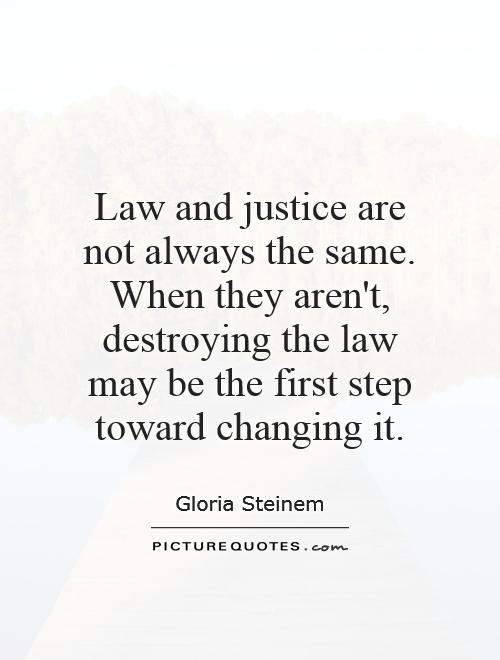
Law and justice are not always the same. When they aren't, destroying the law may be the first step toward changing it
Gloria Steinem, a prominent feminist and social activist, has long been a champion for equality and justice. Throughout her career, she has fought tirelessly for the rights of women and marginalized communities, often challenging the status quo and pushing for change. In the pursuit of justice, Steinem has recognized that the law is not always a perfect reflection of what is right and just. In fact, she has argued that there are times when the law itself can be unjust, and in those instances, it may be necessary to challenge and even dismantle it in order to bring about true justice.Steinem's belief that law and justice are not always the same is rooted in her understanding of the ways in which systems of power and privilege can shape and distort the legal system. Throughout history, laws have been used to oppress and discriminate against certain groups, particularly women, people of color, and LGBTQ individuals. In these cases, the law has been a tool of injustice rather than a mechanism for upholding justice. Steinem has been vocal in her criticism of such laws, arguing that they must be challenged and changed in order to create a more just society.
Steinem's advocacy for challenging and changing unjust laws is exemplified in her work on issues such as reproductive rights, gender equality, and violence against women. In the fight for reproductive rights, she has been a vocal critic of laws that restrict women's access to abortion and contraception, arguing that such laws infringe on women's autonomy and bodily integrity. Similarly, in the fight for gender equality, she has challenged laws that perpetuate gender discrimination and inequality, advocating for policies that promote equal rights and opportunities for all.

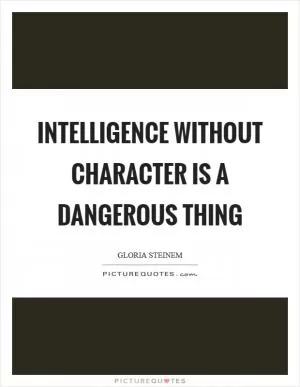
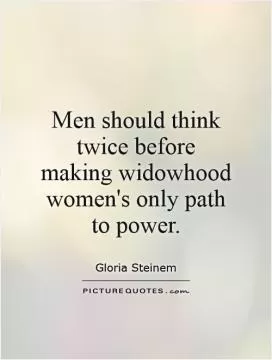


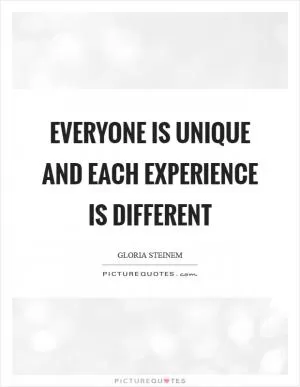


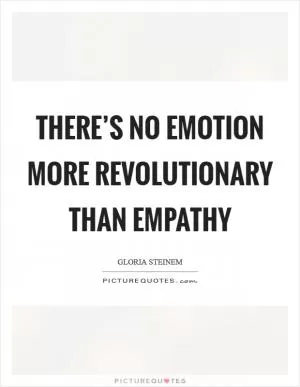


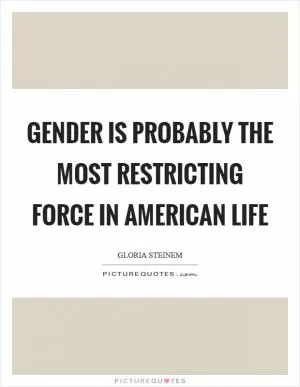
 Friendship Quotes
Friendship Quotes Love Quotes
Love Quotes Life Quotes
Life Quotes Funny Quotes
Funny Quotes Motivational Quotes
Motivational Quotes Inspirational Quotes
Inspirational Quotes